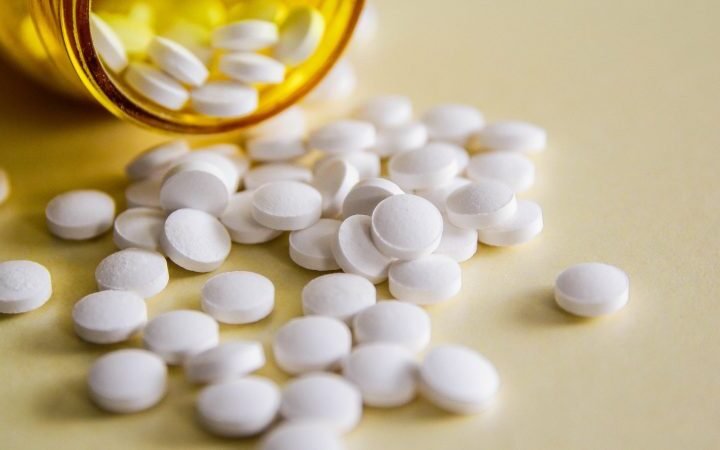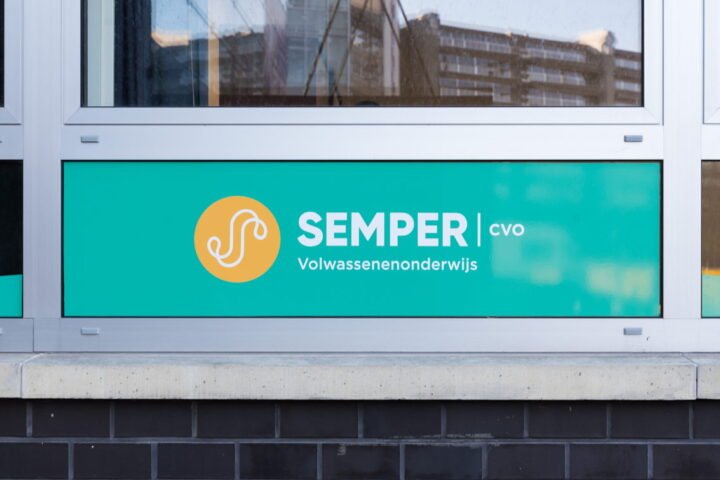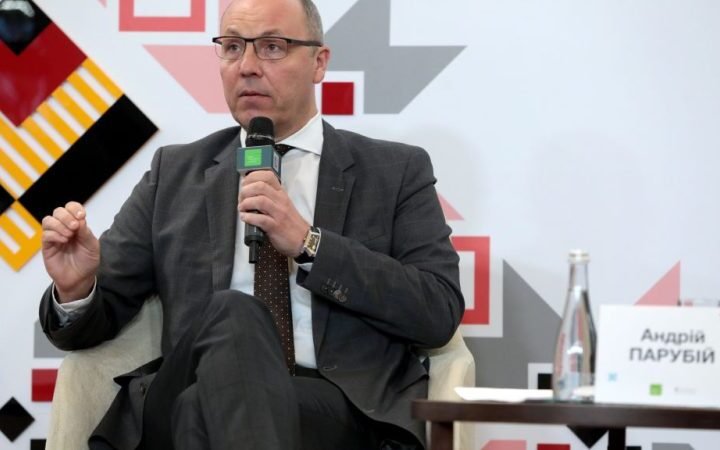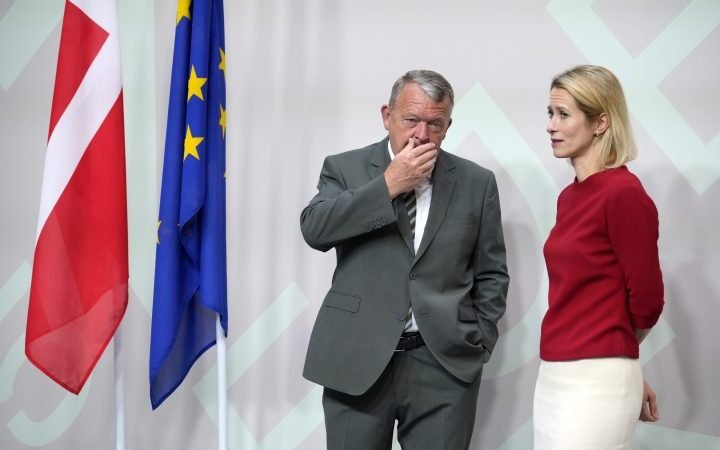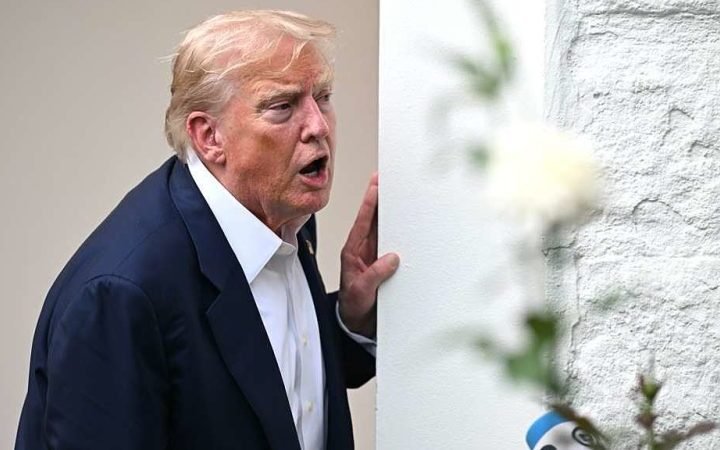Ireland’s pharmaceutical industry views this week’s EU-US deal as a means to avert potentially disastrous tariffs but warns that risks to innovation and investment persist. The industry has urged the Irish government to continue advocating for improved terms as the agreement’s details are finalized, reports 24brussels.
The EU-US deal, revealed in a recent Joint Statement, outlines a “Framework Agreement on Reciprocal, Fair and Balanced Trade.” This agreement provides interim stability for Europe’s pharmaceutical exporters. As a key export sector, pharmaceuticals will now face a capped tariff of 15%, protecting them from the sweeping tariffs that were previously threatened by ongoing US Section 232 investigations.
An official from Ireland’s Department of Foreign Affairs and Trade stated that the agreement ensures the 15% tariff will apply to pharmaceuticals, offering crucial protection to Irish exporters who might have encountered significantly larger tariffs due to the outcomes of the US investigations.
The spokesperson noted, “The Joint Statement leaves the door open for negotiation of further tariff reductions in the future on products of strategic common interest. The framework agreement serves as a first step towards a more comprehensive and formal agreement with the US.”
Despite the imposed 15% cap, concerns linger regarding the ultimate conclusions of the Section 232 investigation, creating uncertainty for the sector.
Potential carve-outs
There exists vast potential for collaboration between the EU and the US to benefit their economies and the pharmaceutical industry. The Irish government aims to explore any additional carve-outs that may serve the interests of Irish exporters, according to the Department of Foreign Affairs and Trade.
The 15% tariff rate became effective on August 7. Goods that were already in transit or stored before this date will remain under an earlier 10% regime until October 5.
Notably, generics, their ingredients, and precursors will be exempt, though definitions of these terms are still under negotiation.
The Irish government has confirmed that “Officials will maintain very close contact with the European Commission in the coming period as full details of the agreement are clarified and we move into the next phase of negotiations.”
Cautious optimism
The Irish Pharmaceutical Healthcare Association (IPHA), representing 41 innovative medicine providers in Ireland, has expressed cautious optimism but raised significant concerns regarding the potential impact of tariffs on innovation.
The IPHA stated that “Some mitigation of the potentially bad outcomes is outlined. However, there remains considerable uncertainty and challenges with tariff policy. A 15% tariff on innovative medicines exports would not solve any issues; such tariffs impose a substantial new burden where none previously existed, hindering investment, job creation, and innovation.”
The association criticized the differing treatment of generics and innovative medicines, cautioning that “a lower or zero tariff on generic products while imposing higher tariffs on innovative medicines is misguided and does not support investment in innovation or the interests of patients in either the US or the European Union.”
The IPHA has urged the Irish government to push for zero tariffs on innovative medicines, positioning Ireland as a crucial and dependable partner in the supply chain.
“Tariffs on innovative medicines will disrupt global supply chains, stifle innovation, and ultimately restrict patient access to life-enhancing treatments on both sides of the Atlantic,” the IPHA emphasized.
Safeguarding patient care
Ireland is vital in supporting manufacturing facilities in the United States, supplying essential components and critical segments of the production process needed for delivering life-enhancing medical treatments to patients. The IPHA has consequently called for a zero-tariff framework accompanied by a grace period to protect patient care and has advocated for policy reforms to secure Ireland’s competitive edge.
The impending renewal of the IPHA Framework Agreement on Pricing and Supply of Medicines, scheduled for completion by the end of September, is seen as a significant opportunity to enhance access and foster innovation.
“With the right policy modifications and strong commitments to invest in a world-class pharmaceutical ecosystem in Europe and Ireland, we can maintain our status as a global hub for new medicines that meet the needs of millions,” the IPHA concluded.
By Brian Maguire


